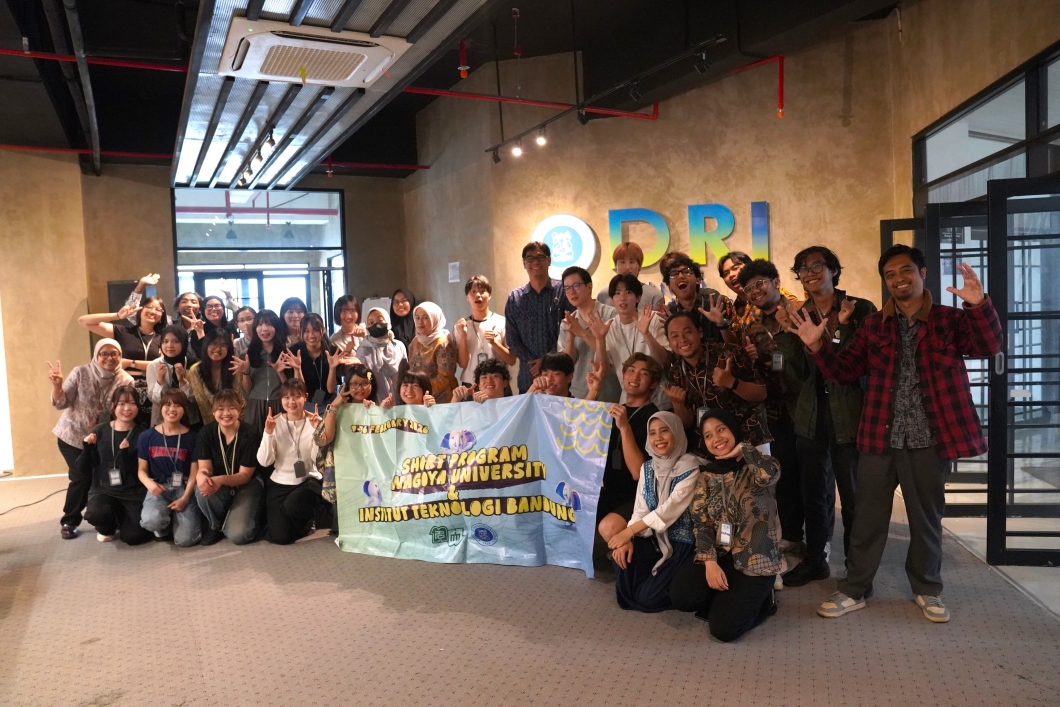Prof. Jaka Sembiring’s MBKM Discussion to Fulfill ITB’s Goals
By Adi Permana
Editor Adi Permana

BANDUNG, itb.ac.id—Freedom to Learn, or Merdeka Belajar Kampus Merdeka (also known as MBKM) is a project made by the Ministry of Education, Culture, Research, and Technology. It strives to give students opportunities to hone their skills according to their talents and interests. During the First Semestral Meeting 2021/2022 on Thursday (2/9/2021), Prof. Dr. Ir. Jaka Sembiring, M.Eng., the Vice Rector for Academic and Students Affair, described the reconceptualization of ITB’s study experience with the MBKM approach.
Analogizing MKBM with a horse, Prof. Jaka explained that the program serves as a path to success. He then listed the eight MKBM activities that will begin. “These programs are equivalent to 20 credits outside the campus. Thus, we only accept those that match our curriculum.”
The running MKBM project is supported by both programs from the Ministry and ITB itself.
One of the activities mentioned is PKKM (Program Kompetisi Kampus Merdeka / Free Campus Competition Program). The program was funded for up to 10 billion rupiahs by the General Directorate of Higher Education. Presently, 5 study programs passed the budget criteria. “PKKM hosted 35 events for potentially 1698 students. However, this plan is screened first to ensure it aligns with ITB’s goal.”
Next, Prof. Jaka explained that the fund-matching programs require much attention as 12 of them are successfully financed for about 12.7 billion rupiahs.

“These programs must be used to the fullest for innovation, research, PKKM conducts, and other ventures with involved industries,” he emphasized. He then focused on IISMA (Indonesian International Student Mobility Awards), where 73 ITB students managed to secure the chance of studying at various prestigious universities in Asia, Europe, and America.
MBKM incentives are also available. 17 study programs were accepted and about 734 students were enrolled. ITB has allocated approximately 2 billion rupiahs of its internal funds for these programs. Additionally, they tried to elevate the multidisciplinary learning experience among students by opening a student exchange program with Unpad (Padjajaran University).
With 71 collaborators, the MSIB (Magang dan Studi Independen Bersertifikat / Certified Internship and Independent Study) programs have possibly attracted 1907 students to partake. Prof. Jaka affirmed that not all students who apply are immediately approved; ITB gives the screening authority to each study program. This allows the individual assessment of the programs that follow its curriculum. Because of this selection, around 311 students were chosen.
“ITB also held the KMMI (Kredensial Mikro Mahasiswa Indonesia / Micro Credential of Indonesian Student) programs that include 960 students across Indonesia,” Prof. Jaka continued. He also stated that these exchange student programs cause an imbalance between inbound and outbound ITB students, mainly due to the study programs being unable to let go of their students without any responsibility.
Prof. Jaka’s ended his account with a statement regarding ITB’s aim for the MBKM project- to remind everyone that these programs are accomplishments to one’s vision and mission.
Reporter: Athira Syifa PS (Teknologi Pascapanen, 2019)
Translator: Ruth Nathania (Teknik Lingkungan, 2019)




.jpg)
.jpg)


